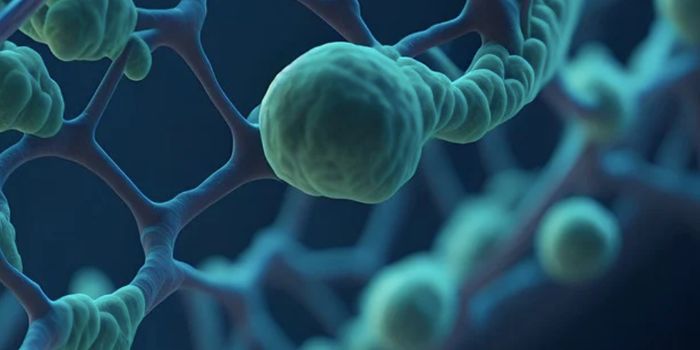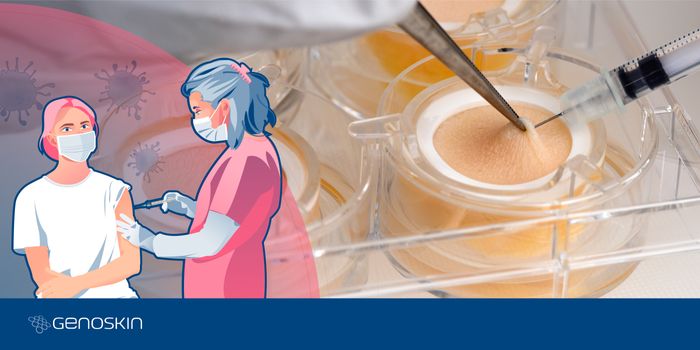Dopamine Treatment Shows Promise for Alzheimer's Disease
Researchers have found that a dopamine-related treatment could alleviate physical symptoms of Alzheimer's disease (AD) in the brain and improve memory. The corresponding study was published in Science Signaling.
Previous studies indicate that increasing the production of an enzyme called neprilysin in the brain via genetic manipulation results in fewer beta-amyloid plaques and improved memory in mice. Genetic manipulation, however, is not feasible for therapeutic purposes. Neprilysin pills or an injection are likewise not feasible as they cannot cross the blood-brain barrier.
In the current study, researchers sought to find a novel approach to increase neprilysin levels in the brain. To do so, they first screened molecules to find some that naturally upregulate neprilysin. They ultimately found that dopamine increased levels of neprilysin in brain cells cultured in a dish, and reduced levels of free-floating beta-amyloid.
The researchers next wanted to understand how dopamine may affect live models of AD. After various experiments to observe whether increasing dopaminergic activity would increase neprilysin and decrease levels of beta-amyloid, the researchers tested L-DOPA on mouse models of AD. L-DOPA is a dopamine precursor molecule used to treat Parkinson's disease as it can cross the blood-brain barrier, where it is then converted to dopamine.
Ultimately, the researchers found that L-DOPA increased levels of neprilysin and decreased beta-amyloid plaques in the frontal and posterior parts of the brain. Mice taking L-DOPA for three months also performed better on memory tests than untreated mice.
"We have shown that L-DOPA treatment can help reduce harmful beta-amyloid plaques and improve memory function in a mouse model of Alzheimer's disease. But L-DOPA treatment is known to have serious side effects in patients with Parkinson's disease. Therefore, our next step is to investigate how dopamine regulates neprilysin in the brain, which should yield a new preventive approach that can be initiated at the preclinical stage of Alzheimer's disease," said first author of the study, Watamura Naoto of the RIKEN Center for Brain Science (CBS) in Japan.
Sources: Science Daily, Science Signaling









